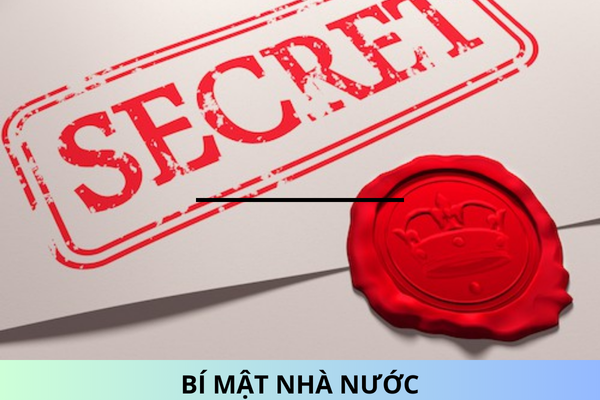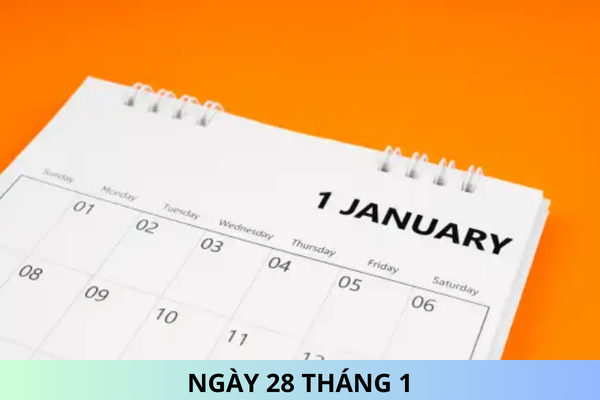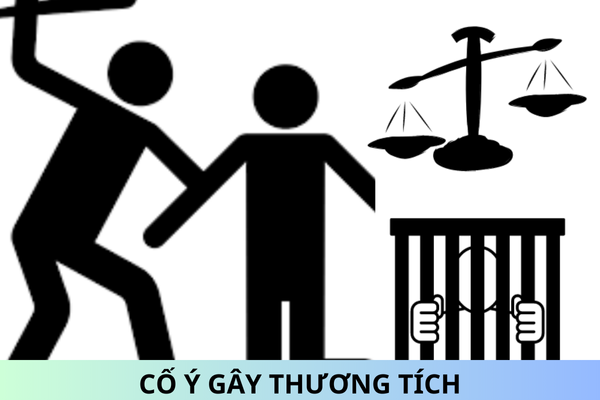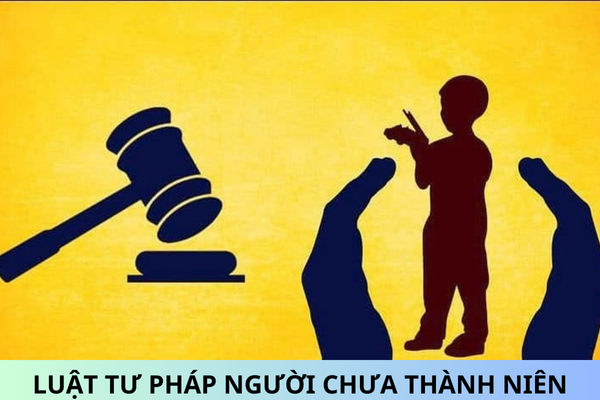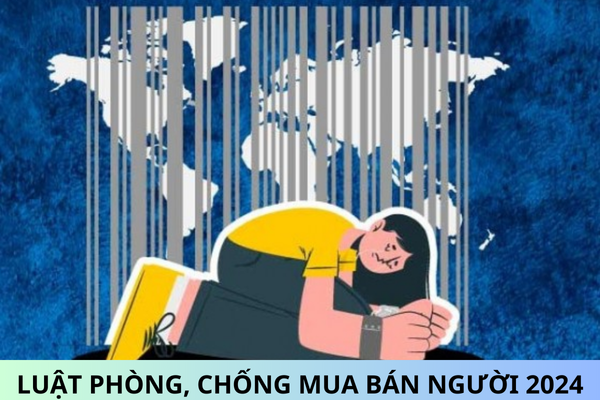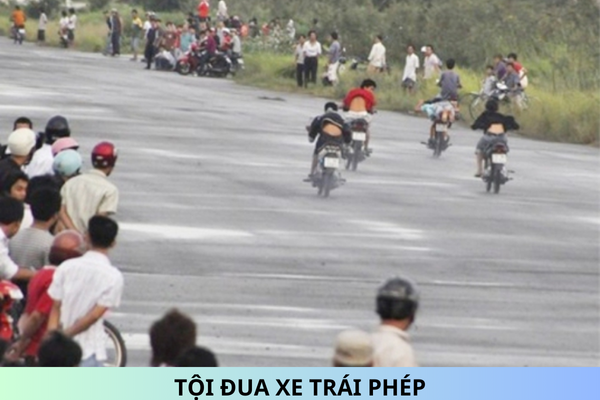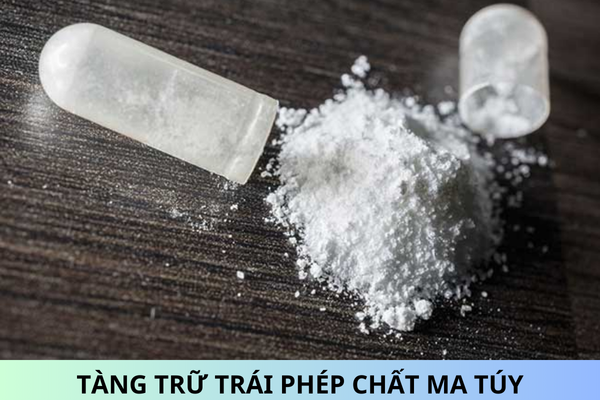Can a Judge's Friend Act as Defense Counsel in a Criminal Case? When Does the Defense Counsel Participate in the Legal Proceedings?
Can a Judge's Friend Act as a Defense Counsel in a Criminal Case?
According to Clause 4, Article 72 of the 2015 Criminal Procedure Code, regulations regarding defense counsels are as follows:
- The following persons are not allowed to act as defense counsels:
a) Individuals who have conducted the legal proceedings of that case; relatives of those who have conducted or are conducting the legal proceedings of that case;
b) Individuals who participate in that case as witnesses, experts, property appraisers, interpreters, or translators;
c) Individuals who are being criminally prosecuted, individuals who have been convicted and whose criminal record has not been expunged, individuals who are currently subjected to administrative measures for compulsory rehabilitation, or mandatory education in a correctional institution.
In addition, Point e, Clause 1, Article 4 of the 2015 Criminal Procedure Code explains the meaning of relatives of participants in the proceedings and those with authority to conduct the proceedings as follows:
Relatives of participants in the proceedings, those with authority to conduct the proceedings are individuals who are related to participants in the proceedings, those with authority to conduct the proceedings, including spouses, biological parents, in-laws, adoptive parents, biological children, adoptive children; paternal grandparents, maternal grandparents, siblings; paternal great-grandparents, maternal great-grandparents, uncles, aunts, nephews, and nieces.
Thus, being a friend of a person conducting the proceedings is not a disqualification for acting as a defense counsel.
When Can a Defense Counsel Participate in the Proceedings?
According to Article 74 of the 2015 Criminal Procedure Code, the timing for a defense counsel to participate in the proceedings is as follows:
A defense counsel participates in the proceedings from the initiation of the prosecution against the accused.
In cases of arrest or detention, the defense counsel joins the proceedings from the moment the apprehended individual arrives at the headquarters of the investigating agency, or the agency tasked with carrying out certain investigative activities, or from when the detention decision is made.
In cases where it is necessary to keep the investigation secret regarding crimes that infringe upon national security, the Chief Procurator with appropriate authority decides to allow the defense counsel to participate in the proceedings from the conclusion of the investigation.
**** in cases where the individual has been arrested or detained, the defense counsel can already participate in the proceedings.
Respectfully!
